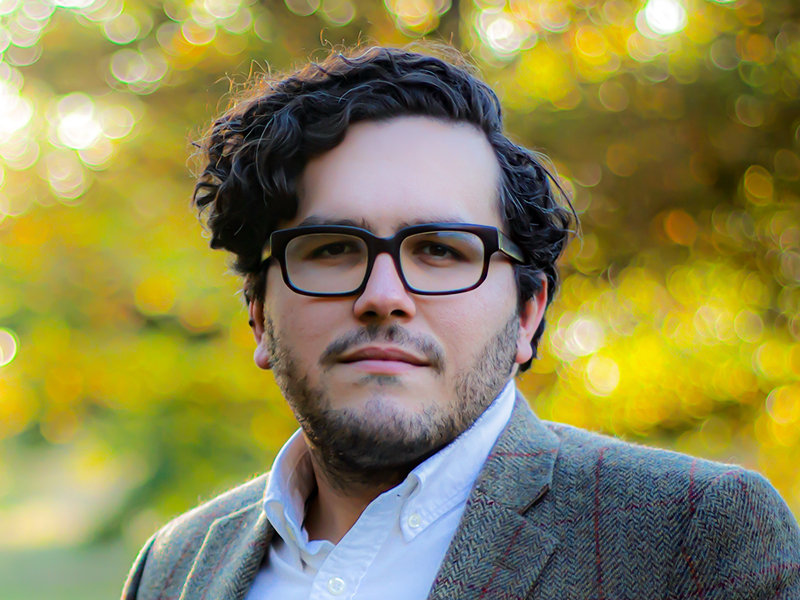The lived experience of people in communities across Scotland demonstrates a significant gap between rights and reality. The question for Scotland, as a rights respecting country, is how best to truly close this gap, says Luis Felipe Yanes of the Scottish Human Rights Commission.
Last week the Scottish Government published its consultation for a new Human Rights Bill for Scotland.
This represents an extraordinary moment for human rights protections, and I’m especially pleased to see this happening after more than a decade of work and advocacy from the Scottish Human Rights Commission, calling for stronger human rights protections in law.
Despite the consultation, though, big questions remain regarding accountability, monitoring and access to justice. Where do people go when things go wrong? Who champions the rights of those most marginalised? And who in Scotland can we turn to when we want to see our rights respected?
Recently there have been a number of calls for new commissions and/or commissioners, such as a Disability Commissioner and an Older People’s Commissioner. The simple truth is that many people across Scotland are not seeing their rights well protected or hearing their concerns echoed and championed. What we hear from civil society colleagues reflects this every day. And this deeply concerns us too.
So, now, we’re launching a discussion paper reflecting on why persistent challenges to accessing justice, or, a failure to see policy intent improve lives, may be leading to dissatisfaction with the current human rights framework in Scotland.
We also look at how Scotland’s National Human Rights Institution (NHRI) – the commission – could be strengthened to fully fulfil its mandate to promote and protect human rights across the country.
As Scotland’s NHRI, we are intended to be the cornerstone of human rights protection. We have a broad mandate, tasked with monitoring the implementation of 10 international human rights treaties and all domestic human rights laws in Scotland. We are here to help create a country where everyone can live with dignity, but our powers and resources limit what we can do.
Strengthening existing mechanisms is important, because creating new ones might ultimately make it more difficult for people to enjoy their rights.
We have spoken to many other NHRIs across the world and looked carefully at their work and structures. Following this, in our paper, we reflect that strengthening the commission could help improve the accountability and monitoring of human rights in Scotland. For example:
- Enhanced powers so that the commission could raise legal proceedings in its own name; provide legal advice to individuals; have more usable powers of Inquiry and compel information,
- increasing the number of commissioners at the SHRC
- and implementing a new structure so the commission has a number of teams working on focused themes and areas of human rights. These teams ('rapporteurships’) allow for highly-qualified people to work as human rights champions and experts in their field; and ensure that no group of people is left unprotected.
The commission hears and support the calls to make rights real for people across Scotland. There are many routes to improving monitoring and accountability, and ultimately, the decision rests with the Scottish Parliament.
The most important thing is making sure everyone’s rights are powerfully promoted and protected. As the Scottish Government invites us all to give our views on its new Human Right Bill, we think this is the ideal time to start talking about how we create simple and holistic human rights mechanisms which put people’s voices, needs and experiences at their heart.
Read At a Crossroads – which way now for the human rights system in Scotland? on our website.
We will be running a series of roundtables over the summer to talk about our discussion paper and potential ways forward. You can find out more about these on the news page of our website.
If you’d like to talk more about the issues raised here, you can contact the commission at [email protected]. Or, email me direct at [email protected]
Luis Felipe Yanes is the SHRC’s expert on economic, social and cultural rights. He leads the commission’s work on strengthening human rights laws in Scotland.








More Tsars/ Czars. Perhaps another inspired selection like picking a bloke to be 'Period Poverty Officer'. What next: a woman to champion mens rights?